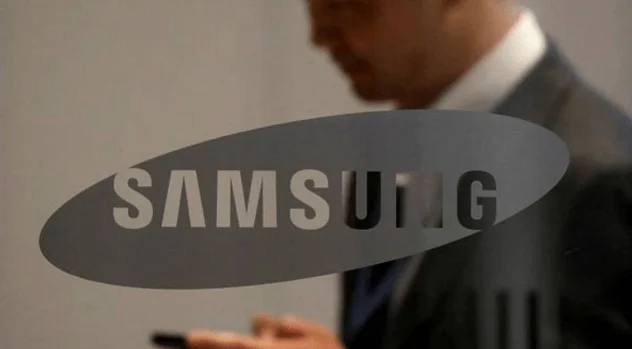Samsung Electronics Co. is the most recent organization to take a stance against emerging generative artificial intelligence (AI) tools, such as ChatGPT. The organization has also effected a company-wide ban preventing employees from accessing them.

Bloomberg reported on 2 May that the company would prohibit its employees’ use of generative AI tools, such as ChatGPT. After Samsung staff uploaded “sensitive code” to the platform, this new policy was implemented.
While interest in such platforms is growing, so are the associated security concerns, according to Samsung. The internal memo raised concerns about the data sent to AI platforms and its potential storage on external servers without the ability to retrieve or delete it.
“HQ is reviewing security measures to create a secure environment for safely using generative AI to enhance employees’ productivity and efficiency.”
Until such measures are in place, however, the company is “temporarily restricting the use of generative AI.” This prohibits using generative AI tools on Samsung-owned computers, tablets, smartphones, and internal networks.
In addition, employees who use these tools on their devices were warned not to submit any company data or face “disciplinary action up to and including termination of employment.”
In April, Samsung conducted an internal survey regarding generative AI tools, with 65 percent of respondents believing that the technology poses a security risk.
Samsung is not the only significant company to express concern regarding the emergence of new technology. Since the beginning of the year, numerous companies, including JPMorgan, Bank of America, Goldman Sachs, and Citigroup, have restricted or prohibited the use of ChatGPT.
Nonetheless, many of these same businesses are currently in the process of developing their own AI tools. JPMorgan developed a ChatGPT-based application that interprets trading signals by analyzing Federal Reserve statements. Samsung is also developing an AI tool for document translation and summarization.
